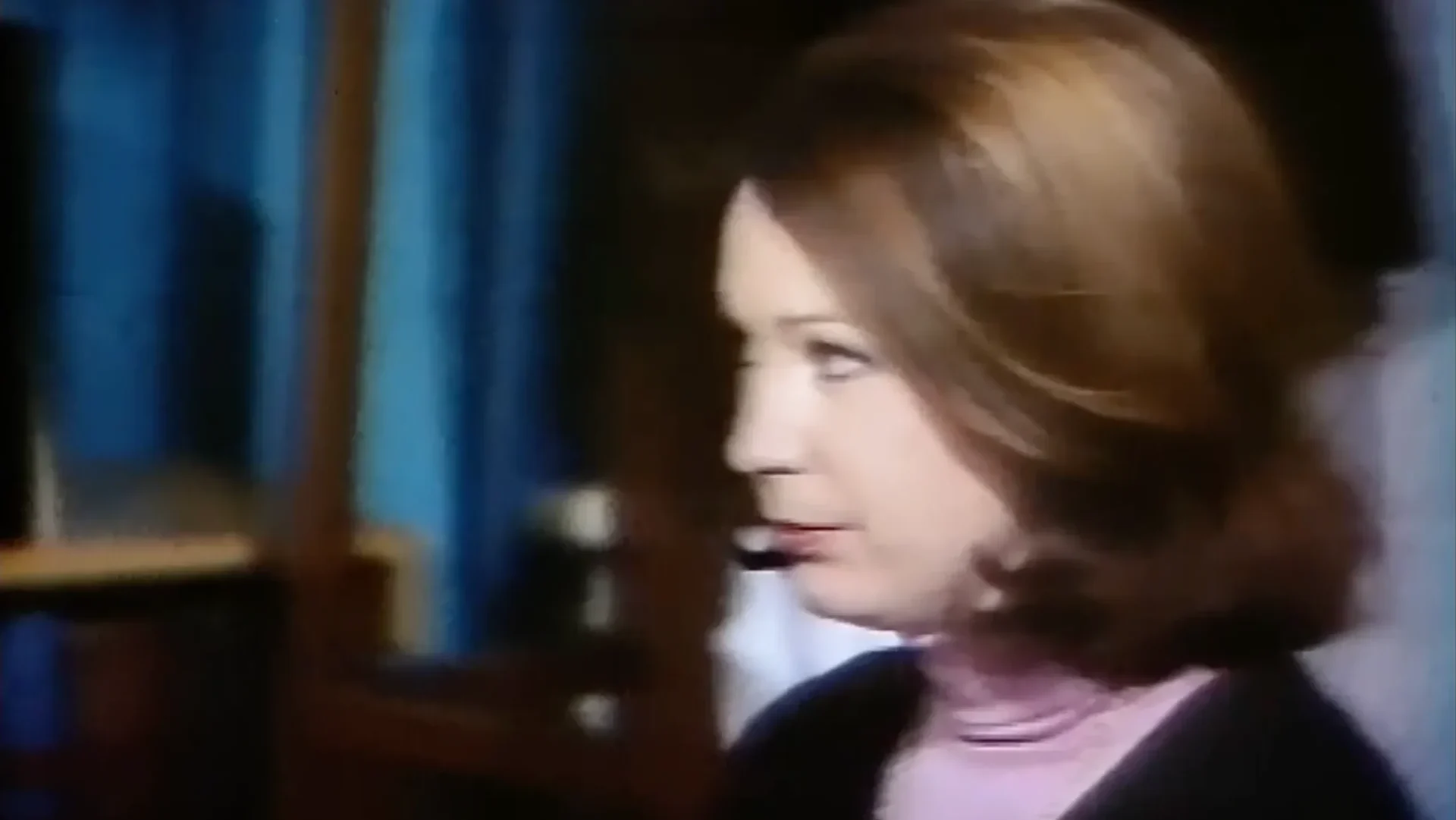Yes, but doctor…
- DOCTORS & PATIENTS IN COLOUR - YES, BUT DOCTOR...
In this consultation, the doctor discusses Mrs Campbell’s smoking habits. He focused on educating the patient about the dangers of smoking and urged her to consider quitting. At the start, we see Mrs Campbell has been experiencing frequent bronchitis attacks, and the doctor suspects that her smoking may be a contributing factor.
'Some more antibiotics for you.'
We first see the doctor giving Mrs Campbell, the female patient, her antibiotics repeat prescription: ” One four times a day until they are finished.” Additionally, the doctor stressed the importance of Mrs Campbell considering her smoking habit before seeking another repeat prescription for her chronic chest issues. The doctor emphasised this point by stating, “You ought to give some sort of thought towards the smoking.” It is apparent from the dialogue with Mrs Campbell that there is a strong emphasis on the significance of discontinuing smoking, given that it is leading to health issues that she may not have experienced had she never smoked.
Are you still smoking as much as you have done?
Upon advising Mrs Campbell to cease smoking, the doctor inquired about her current smoking habits, asking if she was still smoking as much as she had before, to which Mrs Campbell said, “I thought you’d mention that.” She seemed to know what she would be told during this consultation, as she’s a frequent patient. As a result, the doctor probed into her smoking habits, to which Mrs. Campbell responded, “Well, I try not to count them. I find it easier that way.” However, she estimated smoking between 40 to 60 cigarettes, prompting the doctor to express concern about this substantial consumption and ask his patient if it worries her how much she smokes.
The evidence is quite clear smoking is not good for you.
Mrs Campbell tells the doctor she’s a bit worried but doesn’t believe the medical evidence is correct. She then talks about her family and how they have lived to a ripe old age. Furthermore, she mentions her grandma, who lived to the age of 98, and says, “Well, nobody’s died under 80.” So, Mrs Campbell believes that she has quite a long way to go before she needs to worry. Although this may be true, the doctor quickly tells his patient, “Yes, well, everybody always has a family retainer or somebody who was smoking a clay pipe for lord knows how long.” and mentions again that the evidence is relatively straightforward and smoking is not good for you.

In the given scenario, the patient mentions that she doesn’t think about how bad smoking is when she’s smoking. Concerned that the doctor isn’t progressing with Mrs Campbell, he asks why she cannot quit smoking and attempts to approach the conversation differently. Mrs Campbell explains that she’s ‘vain’ and fears gaining weight if she quits. The doctor responds, “That’s a sort of cop-out, really. You don’t know until you try.” Mrs Campbell then mentions that she tried to quit once for about a week. However, the doctor points out that a week is a short timeframe compared to how long she has been smoking.
Secondly, Mrs Campbell mentioned that she can’t stop smoking because she has a habit of having one with her coffee, tea, or gin and tonic. She said, “So whenever I have my cup of coffee or tea or gin & tonic, I automatically light up a cigarette.” The doctor asked if that habit started when she was younger, but the patient doesn’t remember when her habit began. With this in mind, the doctor mentions that some people claim to be “a much better person when I smoke” and use that they use that as an excuse and believe that they would be hell to live with if they did so. Mrs Campbell believes this is accurate and feels she would be ‘Hell to live with’ if she tried to give it up.
"It's really, just about impossible."
Moreover, Mrs Campbell mentions it to be rather tricky: “My husband smokes like a trooper.” So, if she were to try, it would be impossible to give up. The doctor, showing empathy and understanding, asks if they have thought of giving up together and supporting each other. Mrs Campbell mentions that they have thought about it previously. At this point, the doctor, with a compassionate tone, says, “I appreciate you talk about it. What about doing something about it!” Mrs Campbell then mentions she’s tried but lacks willpower, and the scene gets cut.
Throughout the consultation, the doctor consistently tried to convey the severity of smoking to the patient. However, the patient always had a counter-reply despite the doctor’s suggestions. The doctor’s efforts to educate the patient have been unsuccessful, and the patient has no intention of quitting smoking. The discussion about this recording should focus on the difficulties of influencing people’s behaviour and the most effective methods for encouraging appropriate and acceptable behaviour in medical practice. It’s important to note that the doctor’s approach was empathetic and understanding, acknowledging the patient’s concerns and fears, which is crucial for building trust in the patient-doctor relationship.
Although ‘yes, but’ conversations can be frustrating, in the longer term there is good evidence of efficacy.
